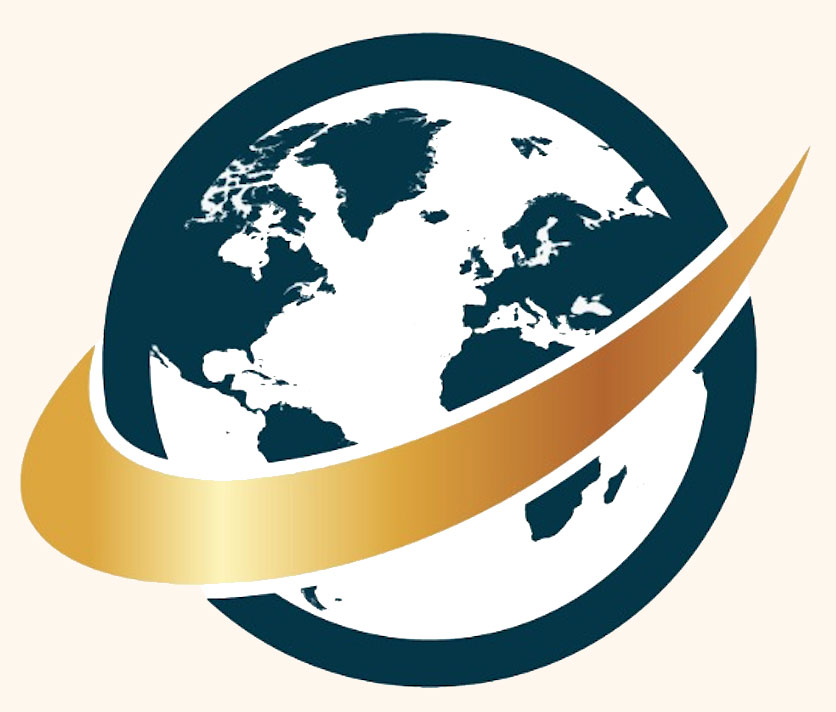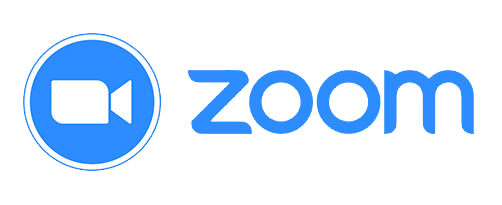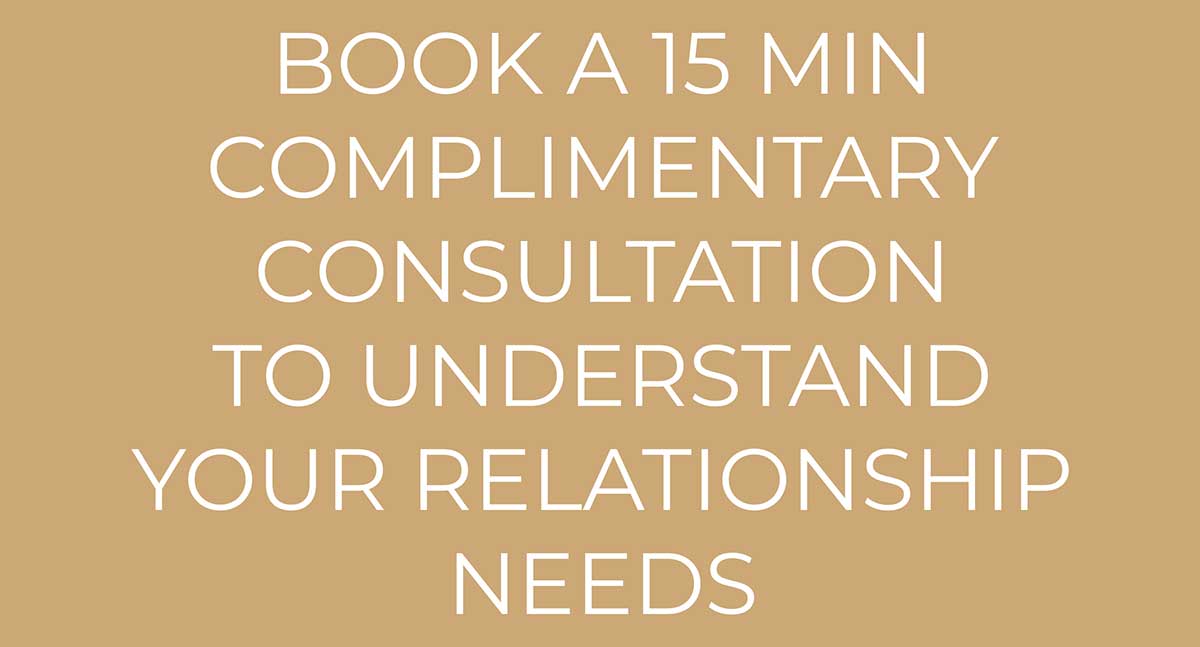

The International Authority for Professional Coaching & Mentoring (IAPC&M)
and Why I Support this Coaching Accreditation Body,
Tony Vernon, HWC, NMC, AMC, MMC
Coaching, counseling or therapy are complex processes that are provided as services offered by human-beings with their own personalities, strengths, weaknesses, overall experiences and skills. How does this serve the public well? Indeed, coaching or counseling a client, couple, parent, child, teen or a group of people needs a complex adaptive system.
Coaches need to use competency and capability to help their clients succeed as a measuring system in sessions. This makes sense as often clients in therapy, counseling or coaching need to develop skills to grow: reduce anxiety or stress, or improve communication, improve their health and life, etc. Professionally in my opinion, it is in the better service of clients that coaches, counselors and therapists assist clients to improve and develop their skills, competencies and capabilities with powerful questions, direct feedback, by measuring their progress and by holding them accountable as this will provide better outcomes for clients.
Several authors have critiqued many current coaching companies that seem to oversimplify the task of certification by disregarding the complexity of the processes involved in coaching or counseling, which involves working with human-beings and complex human experiences. I am aware of some coaching companies that provide a coach or counselor a Master Coach certificate simply just after their training – this is very concerning and very short-sighted, also how will this keep and raise standards in the industry.
Professionals and newcomers wanting to train in professional coaching struggle to find great training providers, nor do they understand the difference between certification and accreditation or credentialing, making it difficult to understand what makes the training worthy of their investment. Furthermore, where the public make their educational purchases is changing dramatically from universities to online educational platforms that provide a fairer cost, and greater learning flexibility. What is important is that standards in counseling or coach training remain high by being audited by a professional counseling or coaching accreditation body. But unfortunately some coach training companies are becoming more like commercial businesses with few standards.
I have personally been involved in coaching for decades, training in 1999. Over this time I have seen and met a mass of people who call themselves coaches but who don’t really even know what proper coaching is. This is a problem for the coaching industry and the public at large. Clients seeking professional coaches need to know their coach has an accreditation/credential and thus, the professional skills to help them to succeed with their needs or requirements.
After much studying and being in professional practice for decades, training coaches myself and reviewing coaching, counseling, and therapy-based training and models, the International Authority for Professional Coaching & Mentoring is a superb accreditation/credentialing body.
After decades of study and thousands of hours of clinical practice with clients, and careful thought, I suggest the International Authority for Professional Coaching & Mentoring Key Capabilities Model is excellent, and I often use this in sessions with clients. I recommend wholeheartedly that every therapist or counselor wanting to learn professional coaching do so using an International Authority for Professional Coaching & Mentoring Coach Training Provider or an International Coaching Federation provider.
The International Authority for Professional Coaching & Mentoring is a great coaching accreditation body I support.
The International Authority for Professional Coaching & Mentoring Assesses Coaching Capability:
- Establishing the Coaching Agreement
- Establishing Trust and the Relationship with the Client
- Use of Self in Coaching
- Active Listening
- Powerful Questioning
- Direct Communication
- Creating Awareness through Feedback and Challenge
- Considering Options
- Action Planning
- Managing Progress and Accountability
Again, I recommend wholeheartedly that anyone looking to train as a coach, and every therapist or counselor wanting to learn professional coaching do so using an International Authority for Professional Coaching & Mentoring, or International Coaching Federation, Coach Training Provider. This is what the coaching industry and public need.



